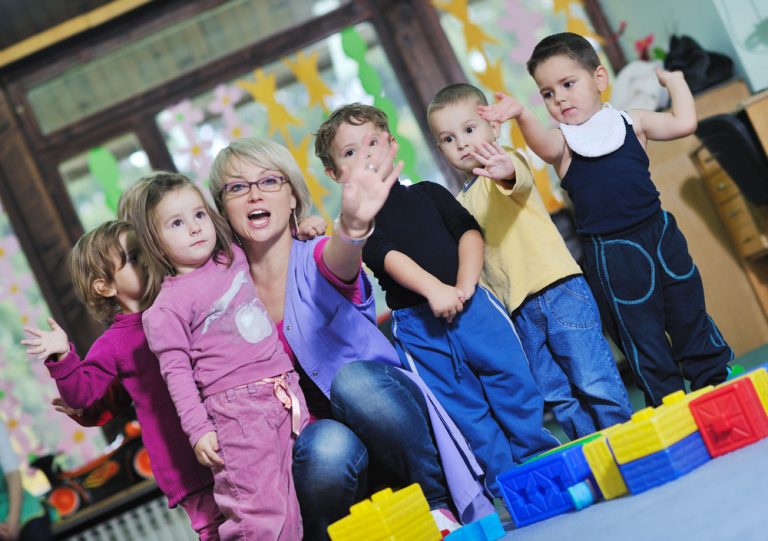


Most children throughout the world learn a second or even a third language. The Summer Institute of Linguistics, for example, indicates that over 66% of the children in the world are bilingual. In the United States, however, just 17% of the population speaks another language besides English.
Given that Spanish is the official language spoken in 21 countries throughout the world, it is an excellent choice for children to learn. Just one of the reasons for this is because the countries where Spanish is spoken are popular travel destinations. Another even more important reason is that there are a considerable amount of job opportunities for bilingual speakers, readers, and writers.
Second Language Acquisition for Young Children
When children are in the process of learning their first language, it is easier for them to learn a second one as well. Prior to the age of six, second-language acquisition comes more naturally for children. This is because young children have a greater capacity to pronounce unfamiliar sounds as well as process additional grammar rules.
Up to the age of eight, children naturally acquire a variety of language skills through imitation and repetition. This also occurs because they are more engaged in playing games and singing songs, both of which reinforce a language’s intonation, patterns, and rhythm.
It’s been demonstrated that the earlier a child is introduced to a second language, the more apt they are to learn it easily. Many language specialists will encourage children to learn a second language prior to the age of five, which is considered to the the optimum time period. When children have this opportunity before they are ten years of age, this can also make a significant difference on their mastery of the language.
Children between the ages of eight and 12 don’t always possess the same ability to hear and produce new sounds. While they are able to learn a second language at this time, it may prove to be more challenging than when they were younger. It’s also important to note the it is easier for children to learn a third language after they have learned a second.
Bilingualism Prepares Children for Future Jobs and Careers
There are many career paths and specific jobs where being bilingual can make a significant difference. In addition to being able to assist individuals that speak languages other than English, bilingual employees tend to earn more per hour than their monolingual counterparts. Recent statistics show that on average, bilingual employees earn 20% more per hour. Bilingual employees may also have more opportunities to travel due to their command of another language.
Important Spanish Teaching Tools
Have you just been hired to teach preschool, kindergarten, or elementary school Spanish? It’s also likely that you are a consultant for parents that are homeschooling their children. If you’re looking for kids Spanish curriculum, there are a variety of materials available to assist you. Since children of all ages tend to love story time, using story books as part of your kids Spanish curriculum can assist with developing their imagination and the nuances of the language. Whether you will use these Spanish storybook sets in your own classroom, or advise your homeschooling parents to purchase them, they will prove to be an excellent learning tool.
Spanish story books are an excellent way for children to increase their vocabulary and develop a greater understanding of sentence structure. Another obvious benefit of using these books is that students are able to learn more about Spanish culture. Since these storybook sets come with Spanish curriculum lessons, this will reinforce their learning and provide a fun experience.
While you may have already developed your own kids Spanish curriculum materials, it is considered to be a good educational practice to explore and potentially adopt other materials as well. Since kids Spanish curriculum is available for preschool through elementary school instructional purposes, you may discover that some of your students are ready for an accelerated learning experience.




